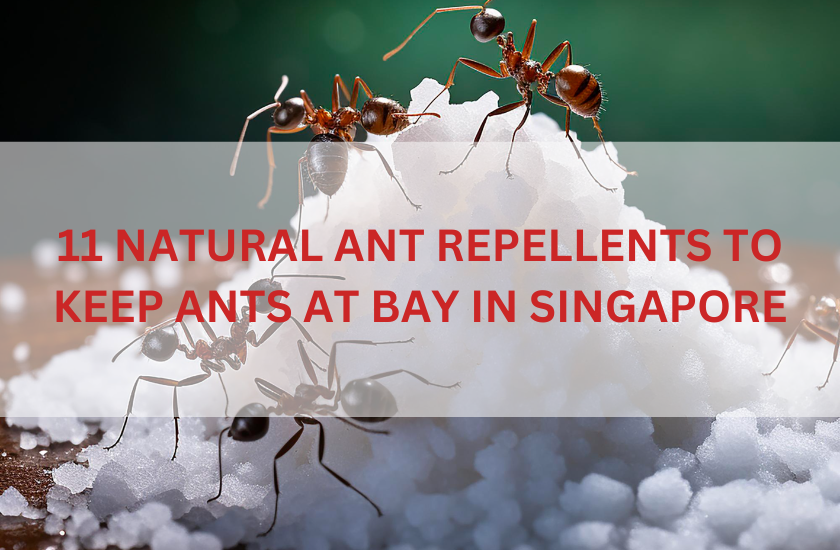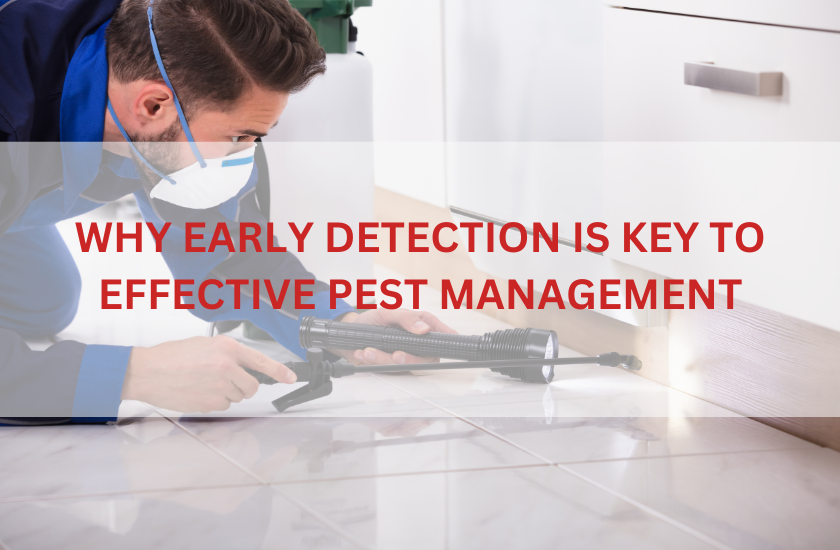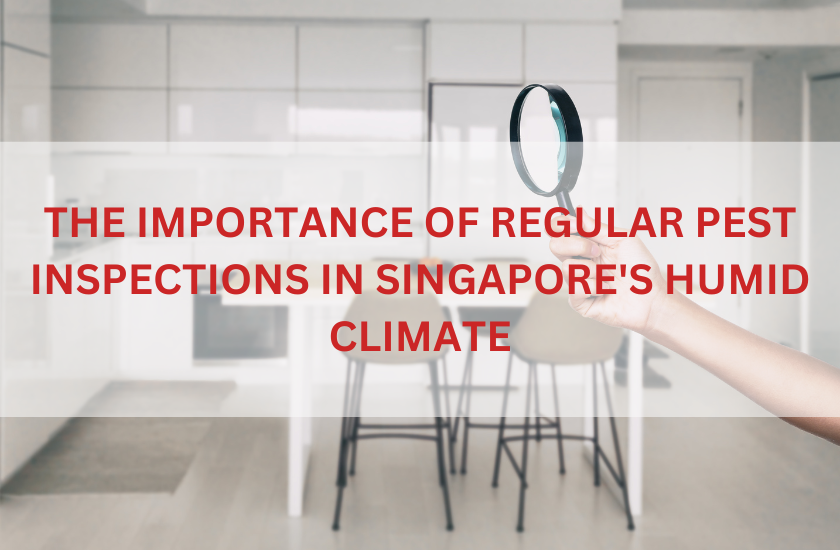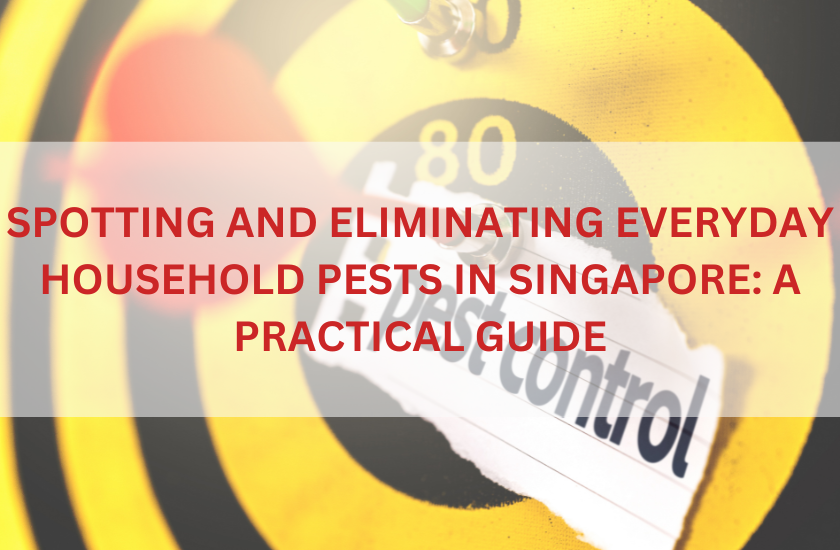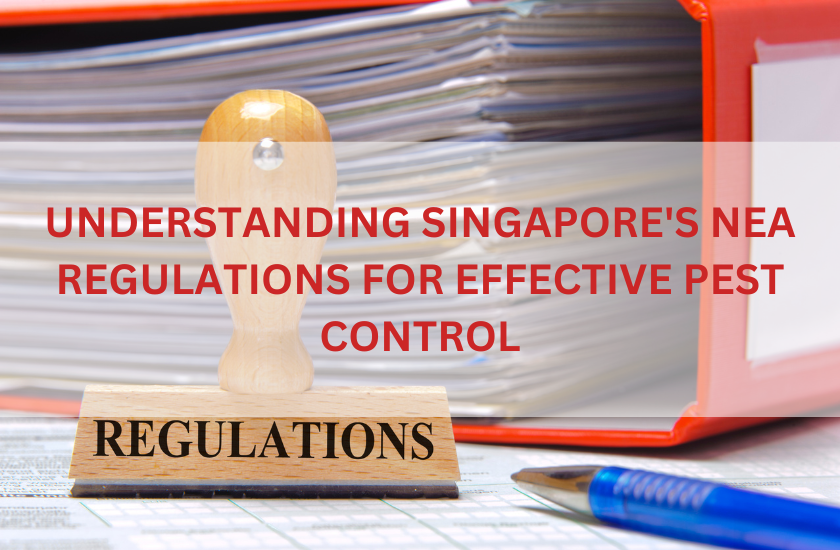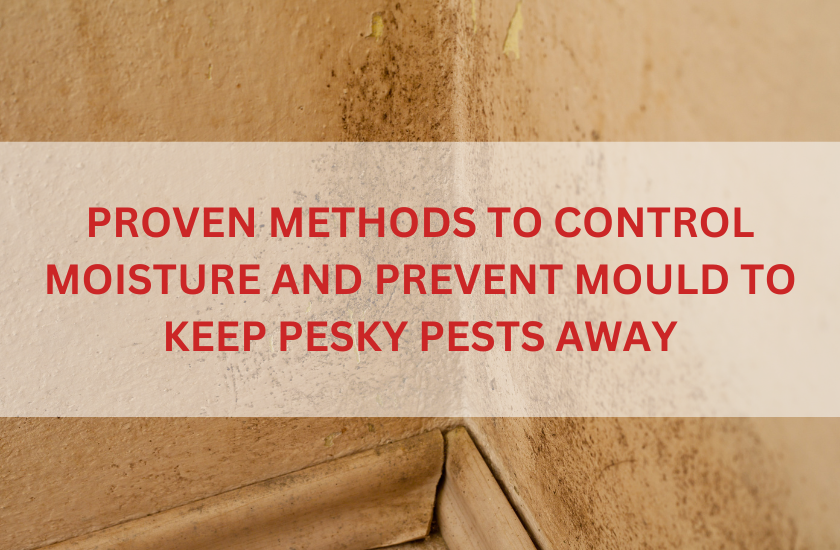Ants are common pests that can invade your home or garden. They can damage your plants, contaminate your food, and bite you or your pets. While there are many commercial products that can kill or repel ants, some people prefer natural solutions that are safer and eco-friendly. Here are 11 natural ant repellents and how they work.
11 Natural Ant Repellents To Get Rid of Them
1. Vinegar
Ants use their sense of smell to communicate and find food sources. Vinegar disrupts their scent trails and makes them avoid the area. To use vinegar as an ant repellent, you need to mix equal parts of white vinegar and water in a spray bottle. Spray the solution along the entry points of the ants, such as windowsills, door frames, cracks, and crevices. Repeat the process every few days until the ants are gone. Vinegar is safe for humans and pets, but it may damage some surfaces, so test it on a small area first.
2. Lemon Juice
Ants are repelled by the acidic and sour taste of lemon juice, which also masks their scent trails. To use lemon juice as an ant repellent, simply squeeze some fresh lemon juice around the areas where you see ants, such as windowsills, doorways, or cracks. You can also soak some cotton balls in lemon juice and place them near the ant nests. Repeat this process every few days until the ants are gone.
3. Cinnamon
Cinnamon is a natural repellent against ants because it contains a compound called cinnamaldehyde that is toxic and unpleasant to them. Ants can suffocate and die if they inhale cinnamon, so they tend to avoid areas where cinnamon is present. You can use ground cinnamon, cinnamon sticks, or cinnamon essential oil to deter ants from entering your home or garden.
4. Peppermint
According to several sources, the strong smell of the oil masks the ants’ scent trails, making them lose their sense of direction and communication. Peppermint oil does not kill ants, but it deters them from entering your home or garden, making ant management simpler. You can make your own peppermint oil spray by mixing water, witch hazel and peppermint essential oil in a spray bottle. Spray it around the areas where you see ants or where they might enter, such as doors, windows, cracks or pet dishes. You can also use peppermint oil to get rid of ant hills in your yard by dropping a few drops on them.
5. Diatomaceous Earth
Derived from fossilized remains of diatoms, diatomaceous earth is a fine powder with microscopic sharp edges that can penetrate the exoskeleton of ants, leading to their dehydration and ultimate demise. Diatomaceous earth can be used to control ants in gardening by creating a line of powder around the perimeter of the garden. The ants will cross the powder and the sharp edges will puncture their exoskeletons, causing them to die. Diatomaceous earth is a natural ant killer that is harmless to both humans and pets.
6. Borax
Borax is a mineral salt that acts as a natural insecticide. It works by interfering with the ants’ digestive system and killing them. You can make a borax bait by mixing some borax with sugar and water and placing it in small containers near the ant colonies. The ants will be attracted to the sugar and carry the borax back to their nest, where it will poison the rest of the colony. However, borax is toxic to humans and pets, so keep it away from children and animals.
7. Cornmeal
Ants are attracted to cornmeal because it contains carbohydrates, but they cannot digest it. If they eat cornmeal or bring it back to their nest, it will eventually kill them. To use cornmeal as an ant repellent, you can spread it around the areas where you see ants or their anthills. You can also mix it with boric acid, a natural insecticide, to make it more effective.
8. Coffee Grounds
Ants are repelled by the strong smell and acidic nature of coffee grounds, which interfere with their ability to communicate and follow trails. To use coffee grounds as an ant repellent, simply sprinkle them around the areas where you see ants, such as doorways, windowsills, plants, or cracks in the walls. You can also make a spray by mixing coffee grounds with water and spraying it on the ant-infested areas. Coffee grounds are not harmful to plants or pets, so you can use them safely and effectively.
9. Salt
Salt is one of the other natural ant repellents that works wonderfully because it draws moisture out of their bodies and dehydrates them. You can use table salt or Epsom salt to sprinkle on ant trails and burrows or, dissolve it in water and spray it on the ant nests. Salt can help you get rid of ants without using harmful chemicals.
10. Chalk
Chalks are considered natural ant repellents because they contain calcium carbonate, interfering with their ability to follow pheromone trails. Ants use these trails to communicate and find food sources. By drawing chalk lines around the places where ants enter your home, such as windows or doors, you can create a barrier that will make them avoid crossing it. Chalk does not kill ants, but it can deter them from invading your space.
11. Soap
Soap is a substance that breaks down the ants’ protective layer of wax and causes them to dry out and die. Soap also contains fatty acids that can disrupt the ants’ sense of smell and interfere with their communication. To use soap as an ant repellent, you can either spray a solution of soap and water around the areas where you see ants or, place small pieces of soap near their entry points. Soap is a cheap and eco-friendly alternative to chemical pesticides that can harm your health and the environment.
Conclusion
In conclusion, natural ant repellents offer a safe and eco-friendly solution to the persistent problem of ants invading your living spaces. Unlike chemical pesticides, these remedies pose no harm to the environment, your health, or your beloved pets. By simply spraying or sprinkling them around your home’s entry points or ant trails, you can effectively deter ants without resorting to harsh chemicals.
Additionally, for residents of Singapore dealing with ant infestations, enlisting the help of a reputable pest control company in Singapore can be highly beneficial. These professionals possess the expertise and resources to implement targeted strategies tailored to the local ant species and environmental factors. Through the use of advanced techniques and eco-friendly products, pest control companies in Singapore can help eradicate existing ant colonies and implement preventive measures to keep them at bay.
Therefore, by combining natural repellents with the services of a pest control company, homeowners in Singapore can enjoy a pest-free environment while promoting sustainability and minimizing the impact on their health and surroundings. Together, these approaches offer a comprehensive solution to the challenge of ant control, ensuring a more harmonious coexistence with nature.

